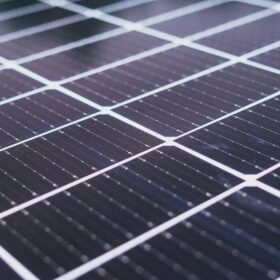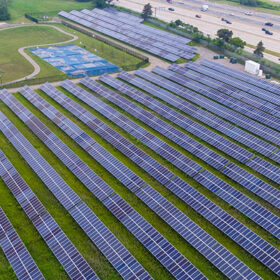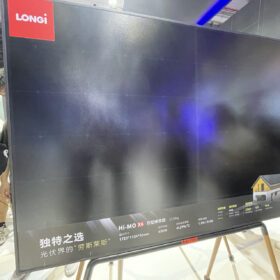In 2022, around 86%, or 187 GW of newly commissioned renewable energy resources produced electricity at a lower cost than the average cost of fossil fuel generation. Ernst & Young (EY) shared and other insights in a recent energy and resources report.
Solar is the cheapest new-build electricity in many markets, even amid inflation and price rises, EY noted in the report. The global weighted average levelized cost of electricity (LCOE) for solar is 29% lower than the cheapest fossil fuel alternative. Large-scale energy storage is also quickly becoming more cost-competitive and sophisticated, said EY.
Solar has rapidly fallen in average LCOE globally, from over $400 / MWh in the early 2010s to about $49 / MWh in 2022, representing decrease of 88%. Wind power LCOE has fallen roughly 60% over the same period.

EY forecasts that solar and wind will become the global baseload electricity source. By 2030 the two traditional renewables are expected to represent 38% of the energy mix, and by 2050 solar and wind may supply 62% of the energy mix. China, Europe and the U.S. will drive a 53% increase in solar and wind generation, producing over 57% of global solar and wind output by 2050, said EY.
“A global solar boom will power more than half of this, but adoption will vary across markets. Solar-generated power will become the biggest source of energy in countries such as the US, and those in Oceania and South Asia, driven by technologies around solar PV modules advancing at rapid pace,” said EY.
However, these landmarks will not be reached without clearing major barriers to progress, EY says. Particularly in the U.S., a backlog of grid interconnection applications is causing delays, cancellations, and large incurred costs. The EY report notes that the United States has at least 1,350 GW of wind and solar capacity and 680 GW of storage is waiting to be connected, which is enough to double the country’s electricity supply.
In a survey of over 70,000 global consumers, EY found that sentiment towards residential solar adoption is strong. About 62% of survey respondents said they have bought or are thinking about buying solar panels, while 50% are considering buying or have already purchased battery storage. Learn more about consumer confidence trends, including attitudes towards solar, home electrification, and electric vehicles in EY’s consumer index report.
This content is protected by copyright and may not be reused. If you want to cooperate with us and would like to reuse some of our content, please contact: editors@pv-magazine.com.








LCOE is not useful to compare the costs of technologies if non-measured costs differ significantly or if the technologies provide different services to the electricity system. For example, if site-specific costs are left out of the LCOE metric, it will not reflect relative costs correctly. LCOE is suspectable to bias. Have a look at COVE (cost of valued energy) metric it is much better.